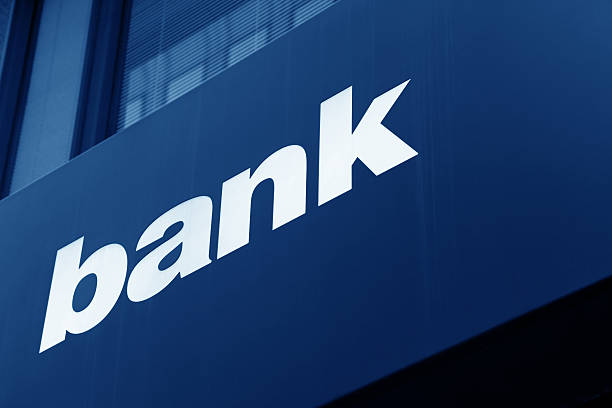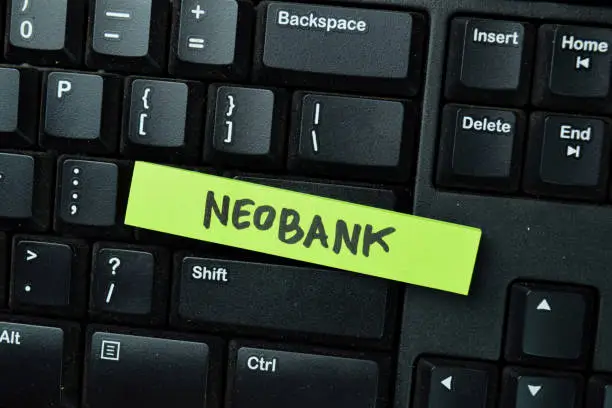Heartland Payment Systems essentially provides merchant services, which comprises providing small businesses with access to one or more merchant accounts. Money from completed transactions is first deposited into a merchant account before being transferred to the business’s bank account. Heartland also provides software and hardware solutions for restaurants, such as POS terminals and online ordering. According to the company, which was started in 1997 and acquired by Global Payments in 2016, it has over 750,000 customers.

Heartland payment systems’ operation
With Heartland’s card processing capability, small businesses can accept a variety of payments, including:
- Credit cards
- Debit cards
- Digital wallets like apple pay, samsung pay, and google pay
- Automated Clearing House (ACH) payments from consumer bank accounts
- Gift certificates.
Small businesses can take and process payments via a variety of channels, including mobile, tablet, desktop, handheld terminal, and point-of-sale (POS) systems, by using the Heartland Mobile Pay software and an attachable card reader. The company also assembles bundles of POS, time tracking, and payment processing systems for restaurants and bars, retail stores, convenience stores, clothing and apparel dealers, liquor stores, grocery stores, and other specific types of businesses.
POS Heartland
Heartland offers many POS terminals from several manufacturers for in-person sales; the hardware is supported by Heartland and/or the manufacturers’ native programming interfaces, but the functionality of the various terminal types varies. Heartland POS computers accept tipping as well as ApplePay, AndroidPay, GooglePay, and other payment methods. Multiscreen or multimedia devices, PIN pads, unmanned vending machine terminals, mobile and pocket-sized terminals, Android-powered countertop alternatives, and Android-powered smartphones are examples of gadgets.
Benefits
Heartland payment systems have the following advantages:
Analytics
Heartland offers the Customer Intelligence Suite, a dashboard that uses your customer data to provide data reporting and analytics. This could be handy if you’re looking for a tool to investigate, say, the average amount consumers spend every visit or the influence your marketing campaigns are having on consumer behavior. In addition to the normal consumer insights supplied by many payment processors, such as social media performance, Heartland includes industry comparisons that allow you to examine how your firm compares to adjacent competitors.
Integrations and plug-ins
The capacity of a payments system to interact with other systems is a critical concern for many small business owners who wish to keep things organized and simple. As a result, Heartland’s integrated payroll, human resources, recruitment, subscription service, and bill-paying capabilities may become quite appealing. Additionally, various connectors and plug-ins, including well-known ones like 3dcart, Apple Pay, Drupal Commerce, Magento, PrestaShop, WooCommerce, and WordPress, may allow your present systems to interface with the Heartland platform. According to the company, it has pre-built plug-ins for 80% of the most popular shopping carts and over 550 significant technology platforms. Heartland also offers a variety of POS terminals that are compatible with the manufacturers’ native programming interfaces, as well as the Heartland Software Development Kit, which includes example code and setup instructions for developers designing custom applications for their businesses.
Help for Customers
Heartland provides its payment processing clients with a dedicated phone line that is open 24 hours a day, seven days a week. According to Heartland, customer service representatives are based in the United States and frequently reply to calls in less than 30 seconds. On its website, the company provides a variety of materials for IT professionals and developers, as well as an online portal where you may ask a question.
Drawbacks
The following are some of the disadvantages of Heartland payment systems:
There is no price transparency.
Businesses pay a markup in addition to card interchange fees. Heartland Payment Systems incurs costs as a result of its interchange-plus pricing strategy. If you can obtain it, that structure may make it easier for small-business owners to compare pricing. However, the company’s website provides absolutely no information to potential customers about its prices or pricing; instead, you must contact the company for a quotation.
BBB ratings that are unfavorable
Heartland Payment Systems is not accredited by the Better Business Bureau. Businesses can become BBB accredited by undergoing a rigorous assessment and meeting specific BBB requirements. Customers have filed several complaints, many of which are related to the firm’s expenses, even though the company frequently receives an A+ to A- grade (there are varying ratings for different company locations and offices).





